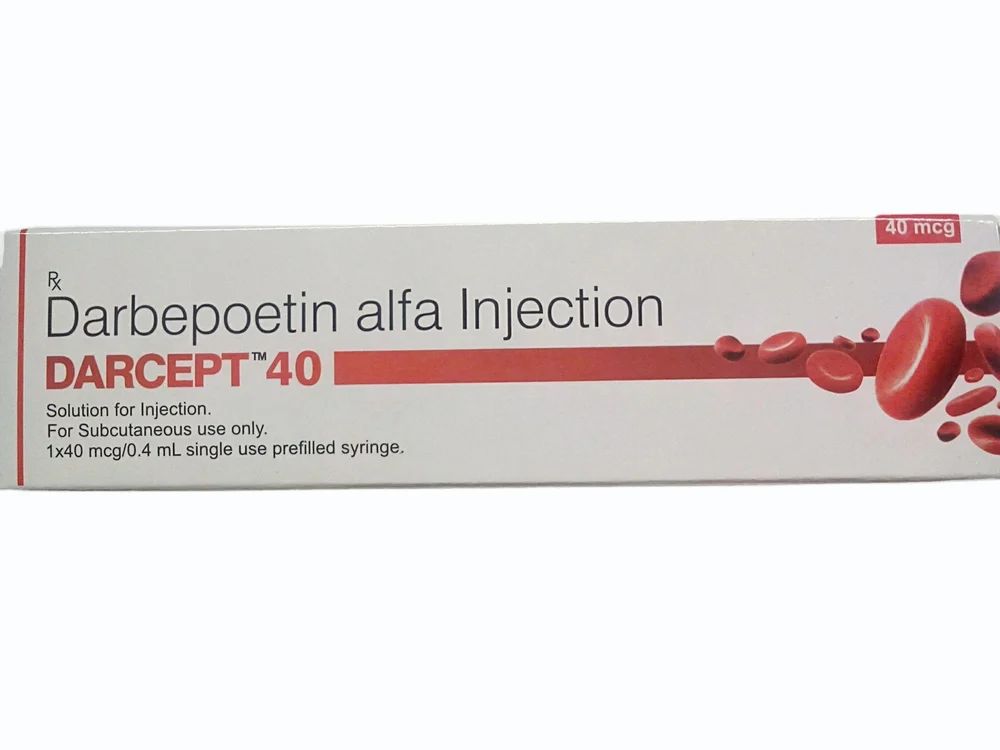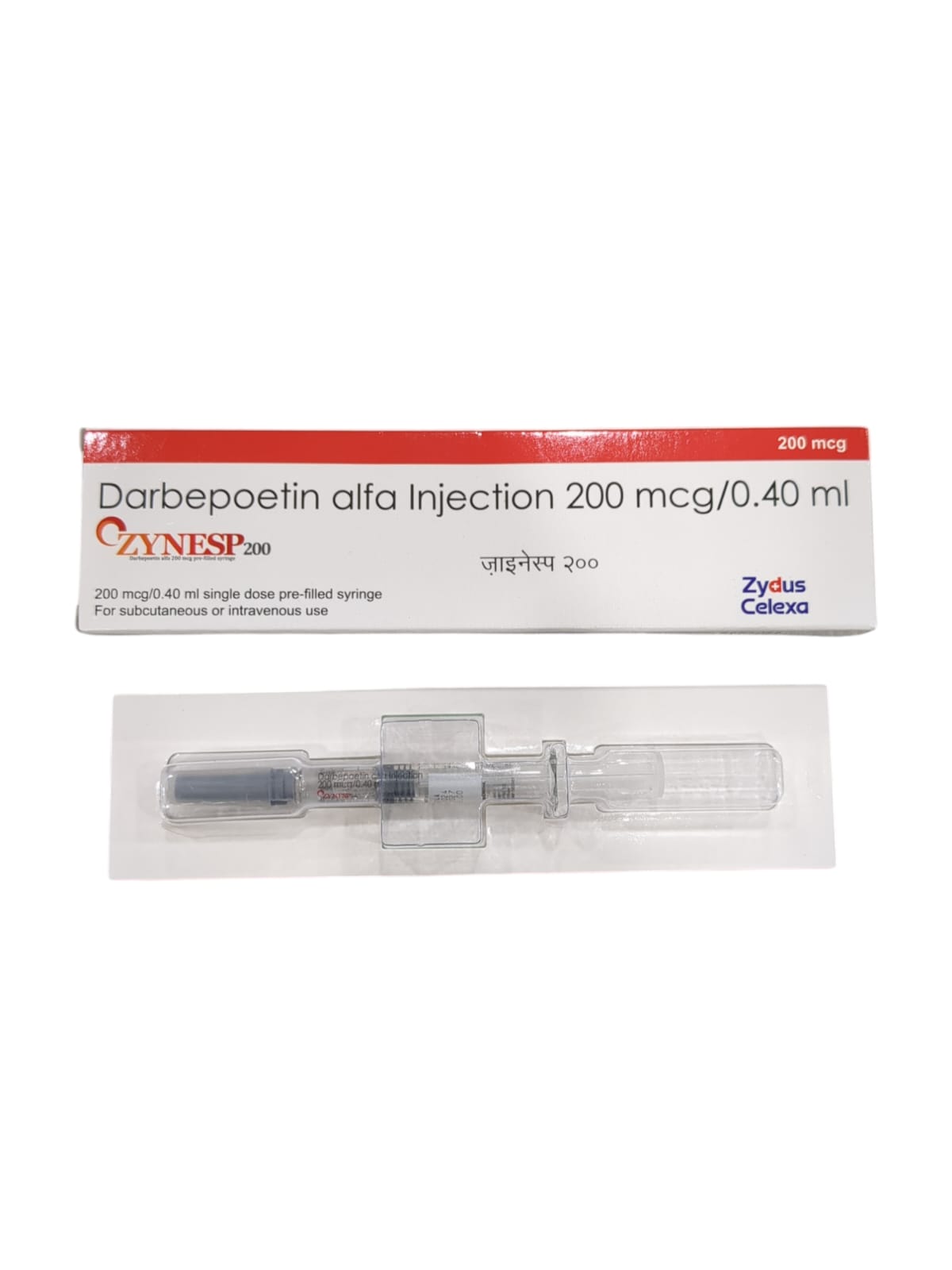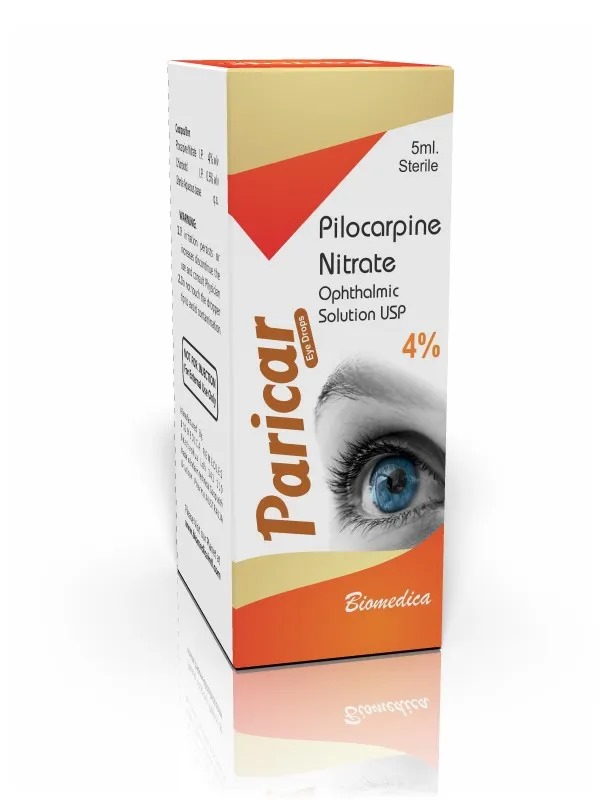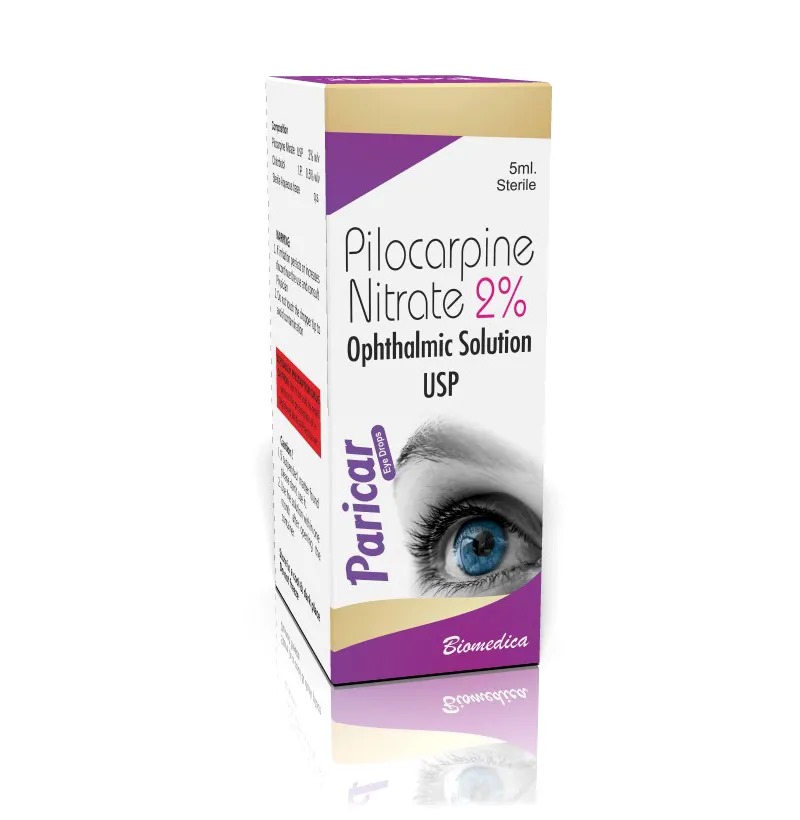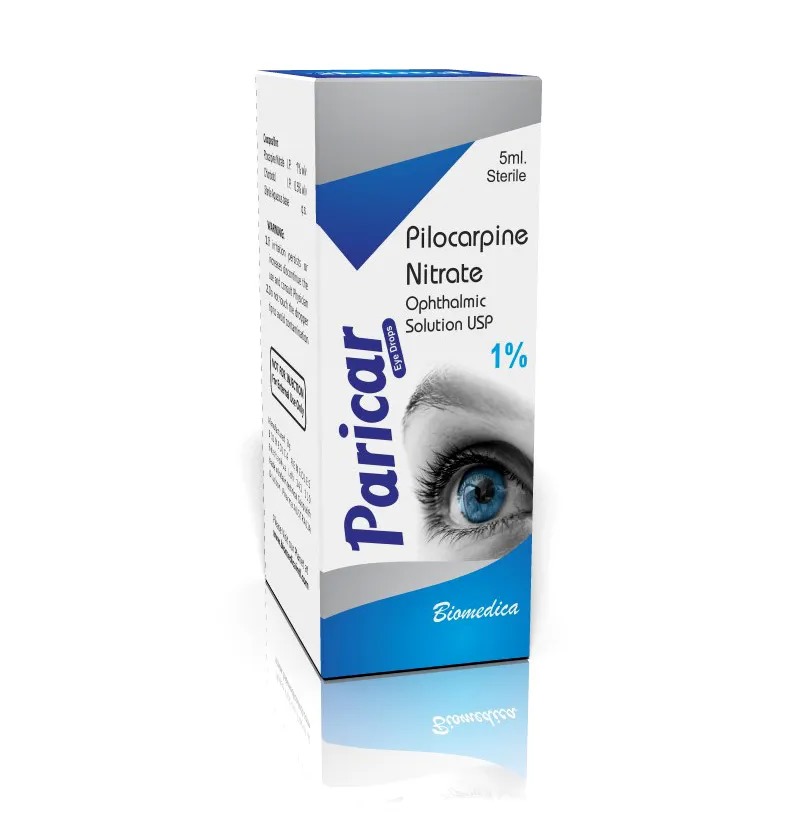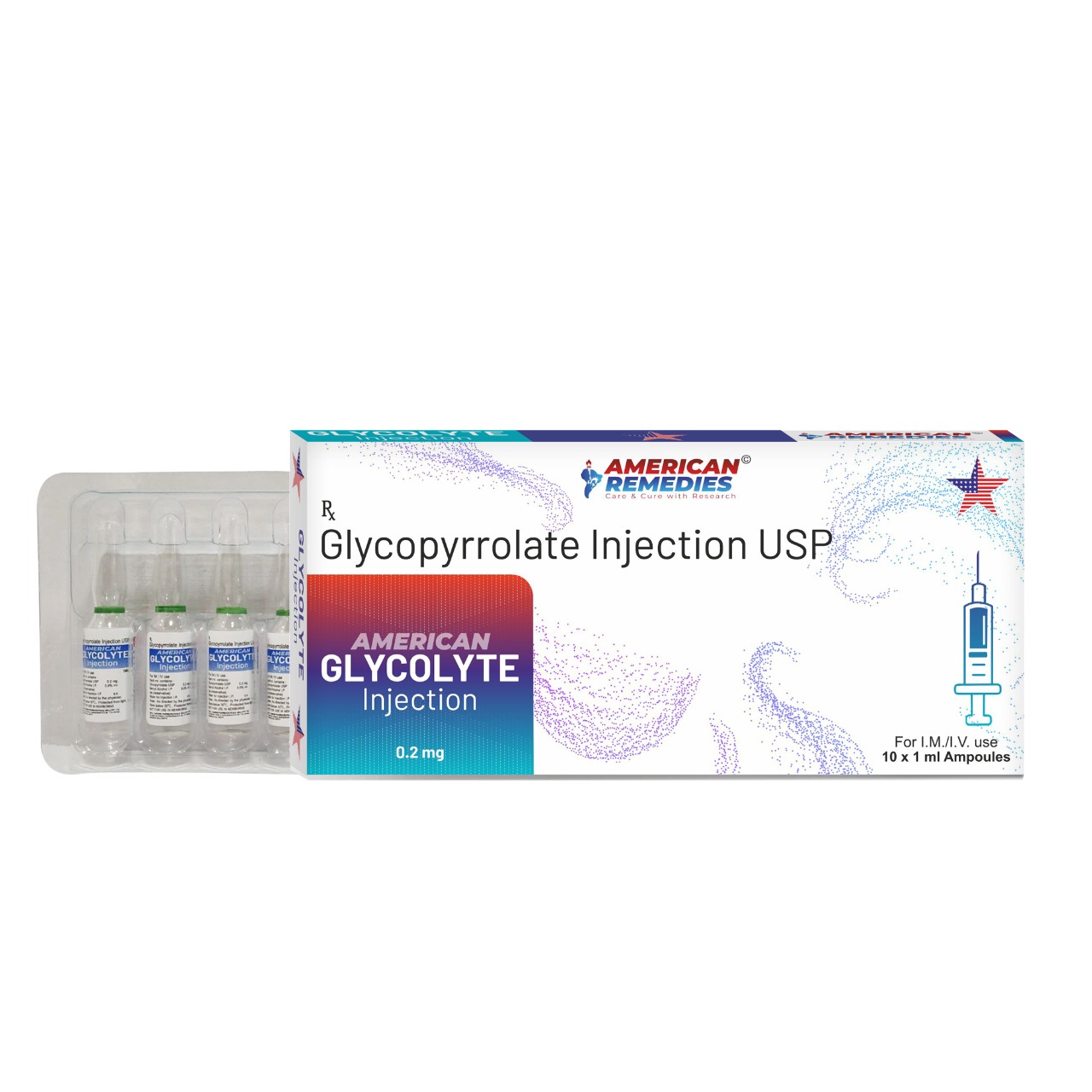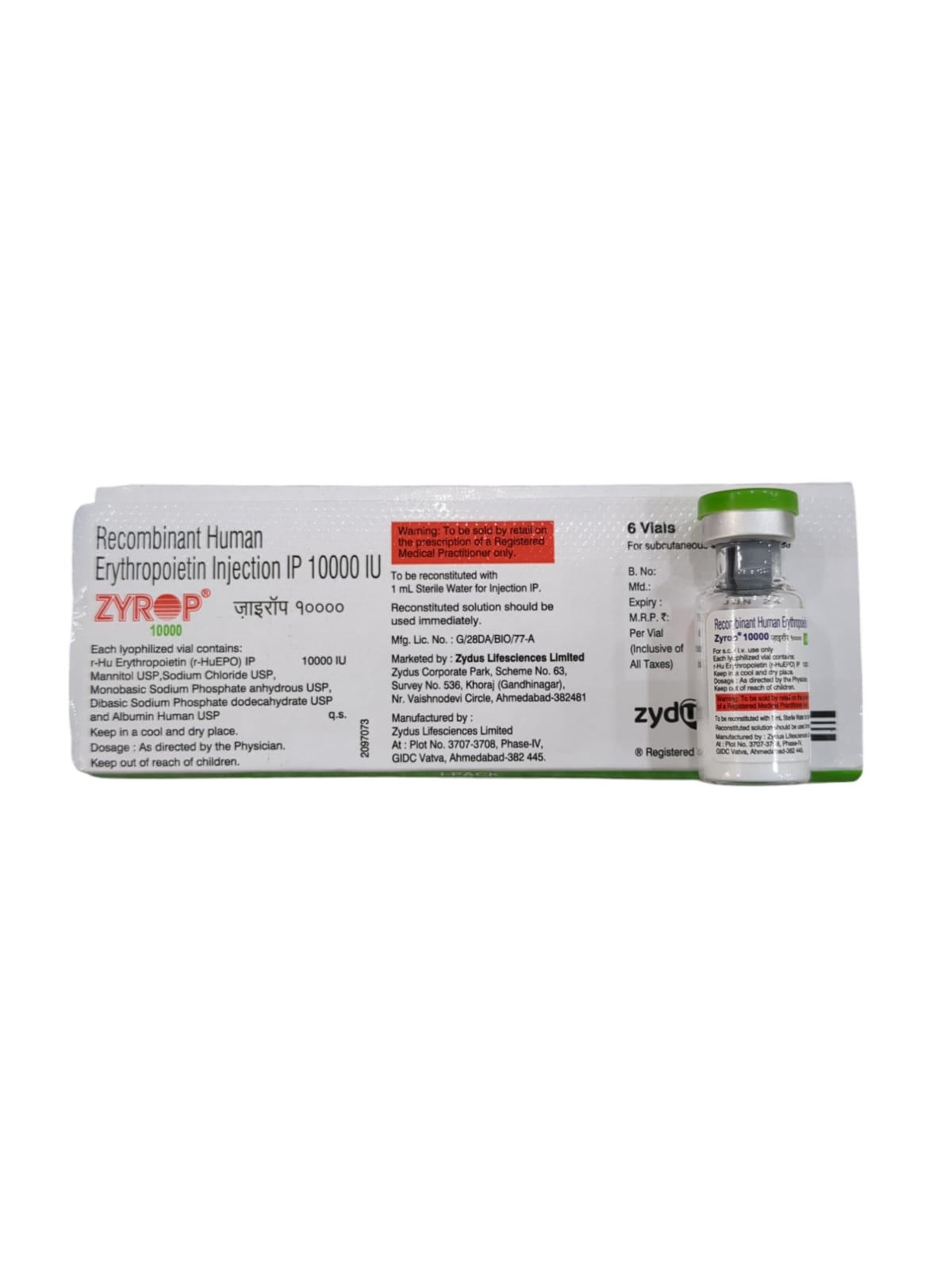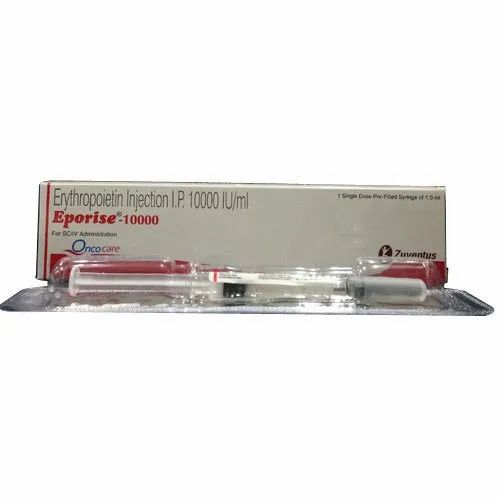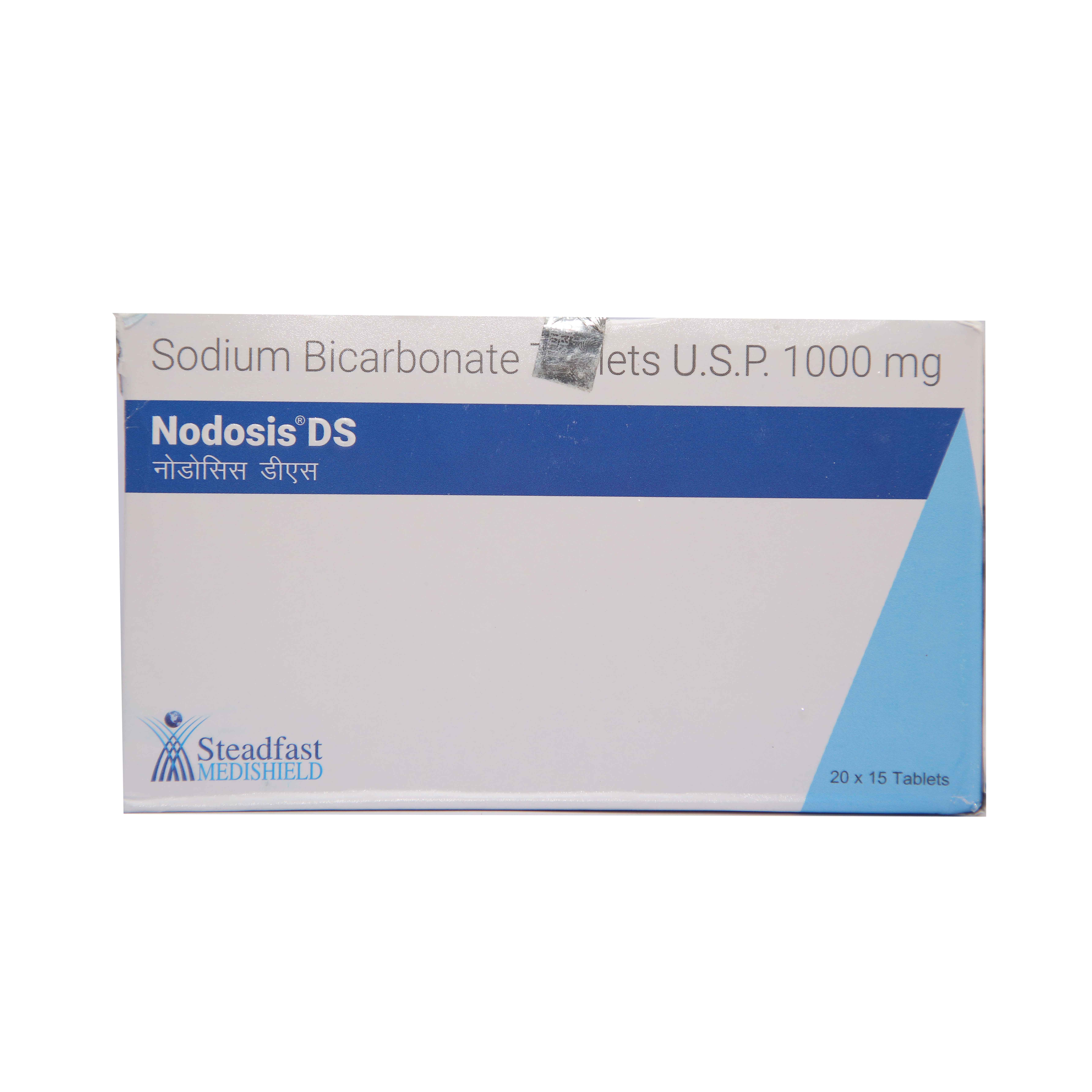DARCEPT 40MG INJECTION belongs to the class of medication called 'blood-forming agent' primarily used to treat anaemia (low red blood cell count) in person with long-term serious (chronic) kidney disease and persons receiving chemotherapy for some types of cancer (except for bone marrow or blood cells' cancer). DARCEPT 40MG INJECTION helps to reverse anaemia and reduce the need for blood transfusion. Anaemia occurs when the body has a lower amount of red blood cells or haemoglobin. In chronic kidney disease, the kidney gets damaged and doesn't filter the blood, leading to anaemia. DARCEPT 40MG INJECTION contains a protein 'Darbepoetin alfa' which works by providing signals to the bone marrow to make more red blood cells. DARCEPT 40MG INJECTION is a biologic response modifier and erythropoiesis-stimulating protein. In chronic kidney disease, when the kidney fails to produce sufficient 'erythropoietin protein' which aids in the formation of red blood cells, DARCEPT 40MG INJECTION stimulates the production of this protein in the bone marrow. DARCEPT 40MG INJECTION will be injected by the healthcare provider. Do not self-administer. The most common side effects of DARCEPT 40MG INJECTION are shortness of breath, cough, low blood pressure during dialysis, headache, body aches, diarrhoea, injection site pain and abdominal pain. Most of these sides effects of DARCEPT 40MG INJECTION do not require medical attention and gradually resolve over time. However, if the side effects are persistent, reach out to your doctor.
Send Message